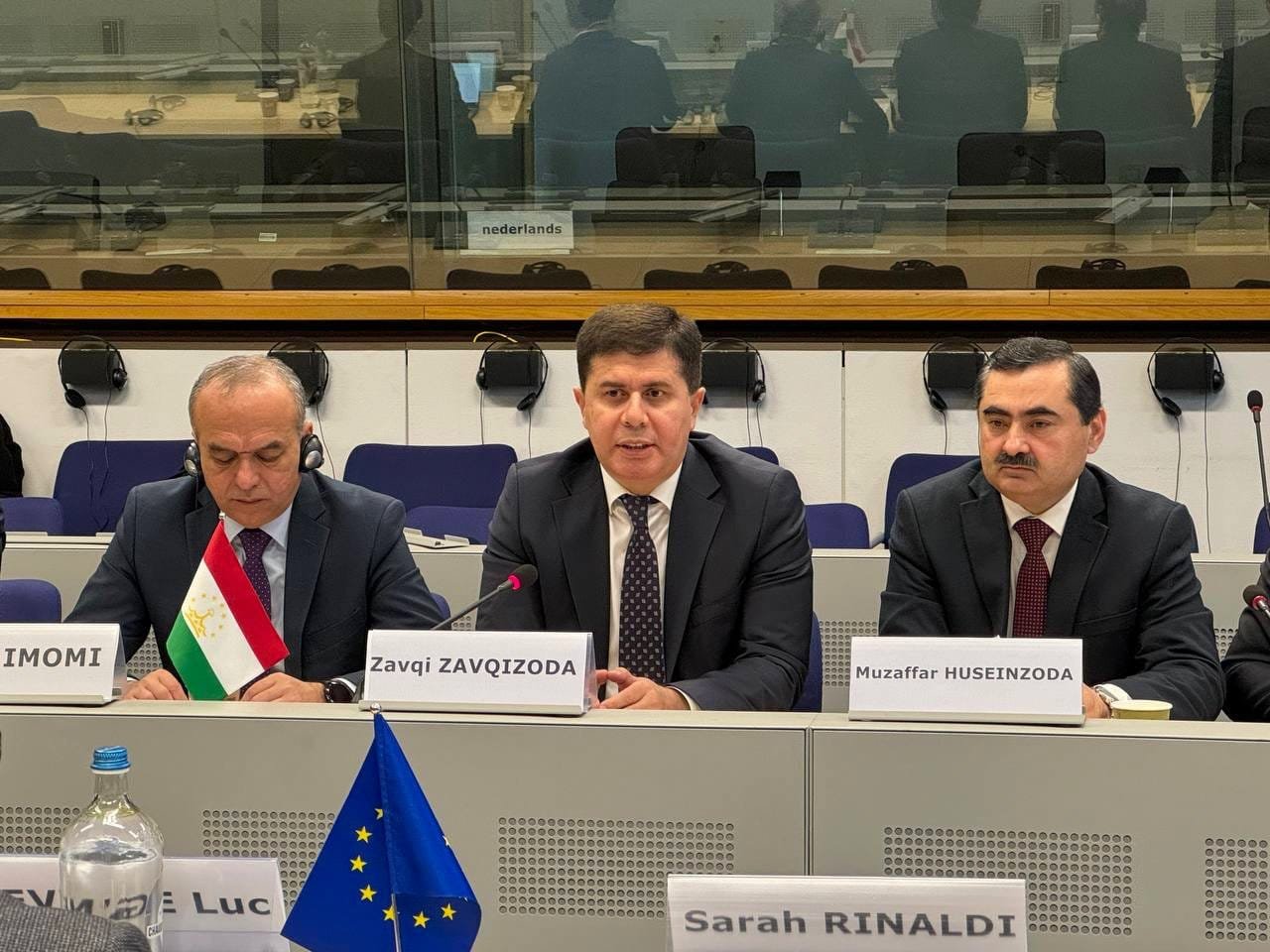Brussels, 29 November 2023 (TDI): The European Union and the Republic of Tajikistan convened the tenth annual Cooperation Committee meeting in Brussels on November 27.
The discussion was held in a friendly and productive environment, highlighting the EU’s continuous development of relations with Tajikistan.
The Cooperation Committee examined the current condition of bilateral relations and discussed political and socioeconomic trends, water, environment, energy, trade, and investment cooperation, and also regional and international concerns.
Both parties reviewed the ongoing talks for an Enhanced Partnership and Cooperation Agreement (EPCA), which was initiated earlier this year, as well as Tajikistan’s request for the EU’s Generalized Scheme of Preferences Plus (GSP+) scheme of unilateral duty-free treatment.
Moreover, both sides praised these significant measures towards widening cooperation and expanding the range of dealings.
Human rights and fundamental freedoms
The EU reaffirmed its sustained support for Tajikistan’s reform efforts, whilst emphasizing the importance of improving the country’s respect for human rights and fundamental liberties agenda.
The EU requested that it be brought in line with UN and OSCE principles, particularly on freedom of association, peaceful assembly, freedom of speech, press freedom, and freedom of religion and belief.
In this regard, the EU welcomed Tajikistan’s first Human Rights Strategy and Action Plan for 2023-2025 and urged its complete execution as well as the persistent participation of civil society in political processes.
The EU has raised concerns about the imprisonment of human rights activists, independent journalists, and bloggers.
The EU asked Tajik authorities to hold individuals responsible for human rights crimes in the Gorno-Badakhshan Autonomous Region (GBAO) accountable and to bring them to justice.

Development cooperation
In terms of bilateral development cooperation, the EU provided information on the financial support program as well as the two Team Europe Initiatives (TEIs) on water, energy, and climate change, as well as digital connectivity.
The Border Management Program in Central Asia (BOMCA) and the Central Asia Drug Action Program (CADAP), both of which Tajikistan benefits, are celebrating their 20th anniversary this year.
The EU prompted Tajikistan to participate more actively in its Horizon Europe scientific cooperation program, and it hoped that the national Erasmus+ Office in Dushanbe would open soon.
Also Read: Central Asia and EU Leaders agree on enhancing cooperation and address common challenges
Discussion on matters of common interest
During the conversations, the two sides additionally addressed regional and international issues of mutual concern, such as COP28, the circumstances in Afghanistan, and Russia’s illegal campaign of invasion against Ukraine. The EU kept Russia aware of restrictive measures and attempts to evade them.
The EU encouraged Tajikistan’s interaction with Central Asian countries and praised its positive role in larger regional and global cooperation, particularly in the region’s electricity market.

Tajikistan’s vital involvement in the United Nations in water diplomacy and climate change was appreciated. Both parties also discussed security matters such as counter-terrorism and combating drug and human trafficking.
The Cooperation Committee was led by EEAS Deputy Managing Director Luc Devigne on the EU side and Tajik Minister of Economic Development and Trade Zavqi Zavqizoda on the Tajik part.
Maha Afzal Chaudhary is a contributor author on TDI



